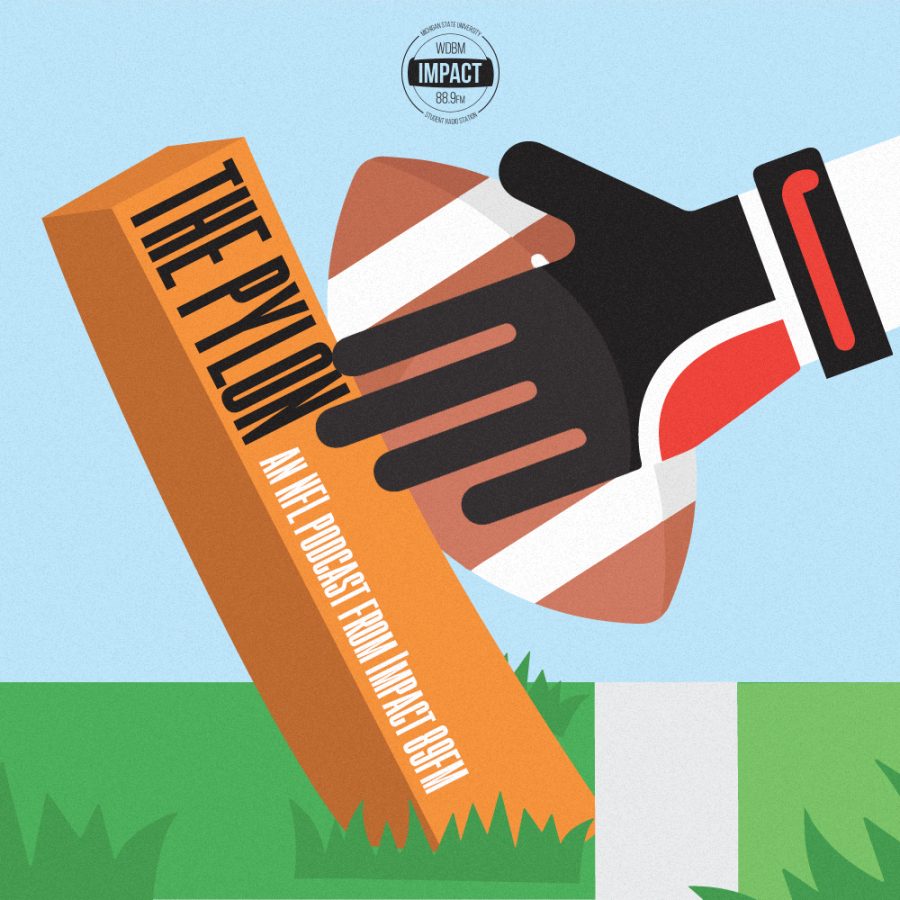As the season reaches game 162 and the dog days of summer have come to a close, disgruntled Tigers fans ponder: “What went wrong this year?” A team that had so much hope for a World Series said to have one of the best lineups in baseball, is left wondering how it ended up at the bottom of the AL Central.
Although it is easy to point fingers and put the blame on one person, here are the major reasons the Tigers are the most underachieving team in baseball this year.
1. Pitching
The Tigers had 12 different players start games this year. The team was unable to establish a consistent rotation like it had in years past. The Tigers’ starting pitchers had a combined 4.80 ERA – third to last above the Phillies, who just clinched the first overall pick in next year’s draft, and the Rockies who pitch at an elevation of 5,200 feet. No matter how many runs scored, it is hard to negate numbers that bad.
To make matters worse, the Tigers’ bullpen ended at the fourth highest ERA, throwing a 4.42 ERA. Leads were not being held and deficits were not being mended once manager Brad Ausmus would give the relievers the nod.
2. Trade Deadline Woes
On July 20, 11 days before the trade deadline on July 31, the Tigers were 45-46, 4.5 games back from the second wild card spot held by the Minnesota Twins. Just ahead of the Tigers was the future AL East champion Toronto Blue Jays at 47-47, and behind the Tigers was the future AL West champion Texas Rangers at 43-48. The Tigers had a key week and a half ahead of them that would dictate whether they would be “buyers” or “sellers”.[su_pullquote align=”left”]“Interestingly enough, both the Mets and the Blue Jays were in a similar position as the Tigers at the deadline. Were the Tigers just a big move away from getting second half momentum?”[/su_pullquote]
In the days leading up to July 31, the Tigers split a series with the Mariners 2-2, lost a series with the Red Sox 1-2 and lost a series to the Rays 1-2.
On July 30, at 49-52 the Tigers gave up the Cy Young candidate David Price to the Blue Jays, and then again on July 31, traded slugger Yoenis Cespedes to the New York Mets. Speculation behind these moves was rampant due to the fact that the two teams that received Detroit’s stars would make the playoffs.
Interestingly enough, both the Mets and the Blue Jays were in a similar position as the Tigers at the deadline. Were the Tigers just a big move away from getting second half momentum? Were the Tigers too preemptive to throw in the towel?
These moves were also rumored to have caused the release of the former general manager Dave Dombrowski. Regardless, giving up two stars really shook the Tigers’ rotation and lineup, ultimately taking a toll on the win column.
3. Questionable Coaching Decisions
Brad Ausmus has just been retained by the Tigers for the 2016 season, but some of his questionable decisions made late in games may have meant the difference between a win and loss.
Although many factors play a role in game-time decisions, at times fans were left scratching their heads at some of the calls made by the coaching staff. Often, a starter would be left in too long, not pinch hitting for a guy historically poor against a certain pitcher, or leaving in a relief pitcher who is already being lit up. After a loss, many were left wondering why the manager did what he did.
https://twitter.com/elishelt26/status/646496940272824320
https://twitter.com/CMUBrent/status/647908691858038784
2 RH catchers on the bench and Ausmus has Avila still hit with his .180 avg against a lefty. #fireausmus #Tigers
— Steve Kelly (@S_Kelly15) September 20, 2015
#fireausmus #alexavila to bunt. Is he just trying to lose games in a new way?
— David (@DetTigers84) September 20, 2015
The importance of the manager role often goes unnoticed. For example, the Chicago Cubs acquired manager Joe Maddon in the offseason giving the team a new life, or the Kansas City Royal’s manager Ned Yost and his crafty use of his bullpen to shorten games last season in the Royal’s World Series run. It would be unfair to the organization to say some form of managing did not play a factor in the disastrous season.
4. Batting Inconsistency
It is a little odd to say that a team that led the league in batting average and was 10th in average with runners in scoring position could have inconsistencies. A team batting that well while still sitting at 16th in runs scored must have some holes.
Seventy-five times this year the Tigers scored three runs or less, something you would not expect with Ian Kinsler, Miguel Cabrera, Victor Martinez, J.D. Martinez, and (formally) Yoenis Cespedes batting in your 2-6 spots. Not to mention, Detroit led the league in most times grounded into a double play at 152 instances.
To top it all off the Tigers had an outstandingly low amount of pinch hits, at 11 on 72 tries over the course of the season, meaning they were not getting the clutch off the bench hits they needed.
[su_pullquote align=”right”]“For a team with such talent and ability, they could not figure out the formula to come out and compete each day.”[/su_pullquote]Too often the team would go out and blast double-digit runs and come back the next day and struggle to score a single run. There never seemed to be a significant win streak after the 6-0 start to the year. Getting hot is an important part of the sport, and the Tigers just did not have that in their offense.
The Tigers finished fifth in the AL Central with a record of 74-87. Their lowest win total since the dismal 2008 season. Ausmus commented on next season after being re-signed on September 27.
“We have a core group of guys. Cabrera, Martinez, Martinez, Kinsler, Verlander,” Ausmus said to MLB.com after he was told he would be retained for the 2016 season. “I think if the right pieces are added, could be an excellent team. And quite frankly we expect to win, the goal is a World Championship.”







